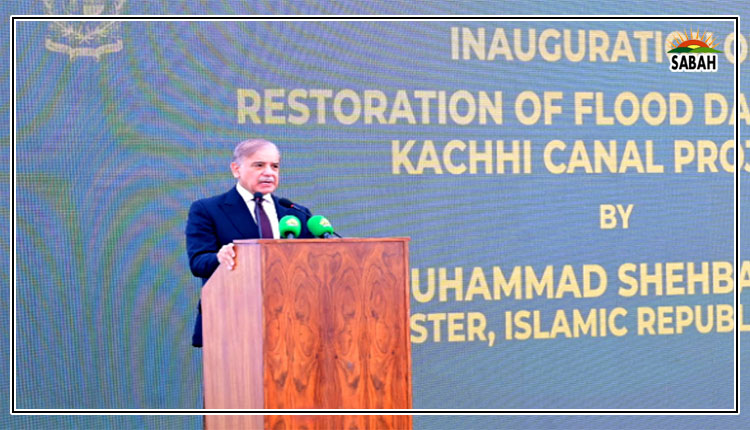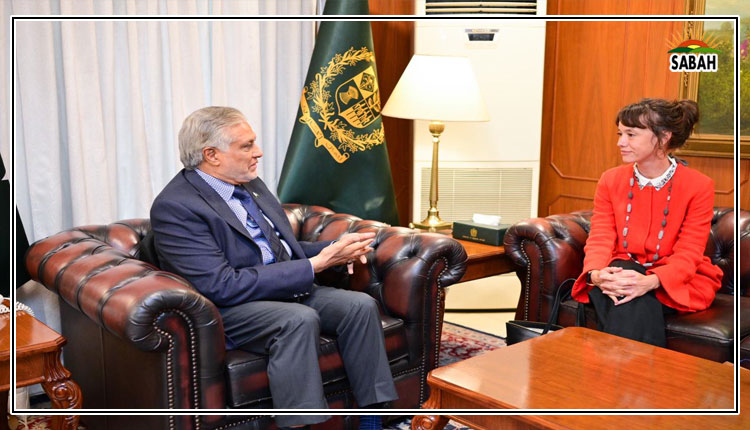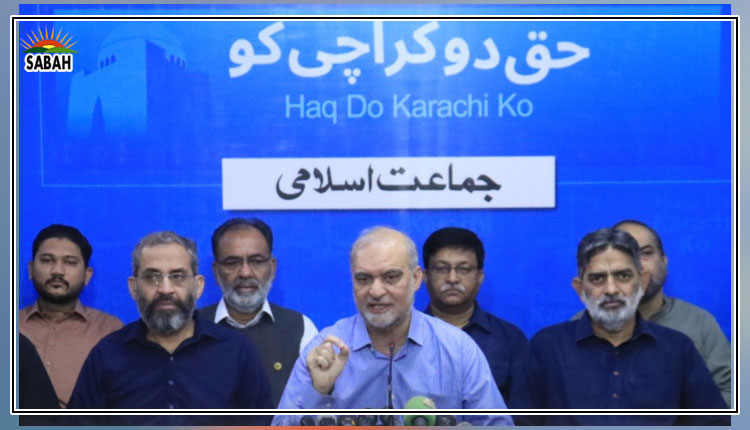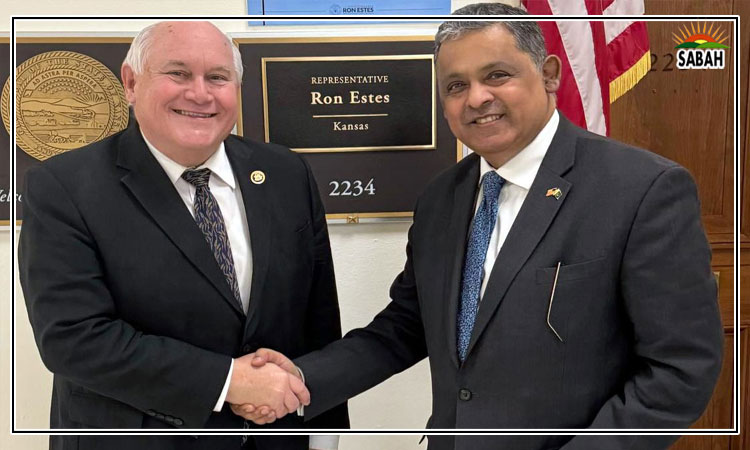The Importance of Acknowledging and Amending Our Mistakes by Muhammad Mohsin Iqbal
Self-improvement is one of the finest instincts in human beings. It represents the innate desire to evolve, grow, and better oneself. Islam teaches us that self-correction and reform are essential qualities of the chosen servants of Allah, those who strive not only to acknowledge their mistakes but also to avoid repeating them. This quality is cherished by Allah, who calls upon His believers to walk on the straight path. However, in society today, when someone points out our faults or advises us to reform, we often respond with defensiveness and sarcasm, saying, “Who are you to tell me? Haven’t you made mistakes yourself?” This attitude reflects a widespread reluctance to accept advice and a lack of accountability, but why do we hesitate in self-correction and find it difficult to admit our mistakes?
First, it is important to understand that acknowledging one’s mistakes requires humility. It demands that a person confront their ego and accept that they are flawed, which can be uncomfortable. Human beings have a natural tendency to defend their sense of self-worth, and accepting criticism can feel like a threat to that. When someone advises us to correct our behavior, it can hurt our pride, leading us to lash out rather than reflect. In such moments, we deflect the criticism by pointing out the flaws in the other person instead of addressing our own shortcomings. This is an evasion mechanism, a way of diverting attention from our mistakes rather than accepting them.
Yet, in the Islamic tradition, admitting one’s faults and striving to improve oneself is a noble act. Allah does not expect perfection from His creation, but He expects sincerity in repentance and efforts toward reform. The Qur’an repeatedly emphasizes the value of repentance and self-correction. In Surah Al-Baqarah, it is stated, “Indeed, Allah loves those who are constantly repentant and loves those who purify themselves” (2:222). This verse highlights that repentance is not a one-time act; rather, it is a continuous process. Allah loves those who repeatedly turn to Him in repentance and strive to cleanse their souls of sins. It is through this cycle of repentance and self-improvement that a believer draws closer to Allah.
Furthermore, the Prophet Muhammad (peace be upon him) has said, “All the children of Adam are sinners, and the best of sinners are those who repent” (Tirmidhi). This hadith makes it clear that everyone is bound to make mistakes, but the real virtue lies in recognizing those mistakes and seeking forgiveness from Allah. In essence, Islam encourages an open and honest approach to self-improvement, where one is not afraid to admit wrongdoings and commit to better behavior in the future.
However, this process of self-correction becomes challenging when societal attitudes discourage it. Today, many people hesitate to admit their mistakes because they fear judgment or ridicule. Instead of being supported in their efforts to reform, they are often taunted or belittled. This creates a vicious cycle where people are hesitant to acknowledge their flaws openly. When advice is given, it is often met with resistance because people are too preoccupied with their public image or reputation. They feel threatened by the advice, interpreting it as a personal attack rather than a form of help or concern.
Another reason for the lack of self-correction is a lack of spiritual awareness. Many of us have become so engrossed in the material world that we forget our purpose in life: to worship Allah and follow the path of righteousness. When our focus shifts from the hereafter to the dunya (worldly life), self-improvement becomes less of a priority. We become more concerned with maintaining appearances and defending our egos than with correcting our behavior in light of Islamic principles.
In this regard, the Qur’an offers timeless wisdom. Allah says in Surah Al-Hashr, “O you who have believed, fear Allah. And let every soul look to what it has put forth for tomorrow” (59:18). This verse reminds us to regularly assess our actions and consider their consequences in the hereafter. It is a call to self-reflection, encouraging us to be mindful of our deeds and to correct them before it is too late. The best way to prepare for the Day of Judgment is through continuous self-improvement and sincere repentance.
The Prophet Muhammad (peace be upon him) also set a perfect example of humility and self-correction. Even though he was free from sin, he regularly sought forgiveness from Allah. In one hadith, he said, “By Allah, I seek forgiveness from Allah and turn to Him in repentance more than seventy times a day” (Bukhari). If the Prophet, who was the best of creation, engaged in constant repentance, then how much more should we, as ordinary human beings, strive to correct ourselves?
Moreover, it is important to approach self-improvement with a sense of patience and perseverance. The journey toward reform is not an overnight process. It requires consistent effort and determination. The Qur’an assures us that Allah is with those who strive for goodness: “And those who strive for Us, We will surely guide them to Our ways” (29:69). This verse is a reminder that Allah rewards sincere efforts, no matter how small or gradual they may be.
In conclusion, self-improvement is a beautiful instinct that reflects the higher purpose of life. It is through self-correction that we grow spiritually and come closer to Allah. However, this requires humility, self-reflection, and a willingness to accept advice from others. Instead of responding with defensiveness when someone points out our mistakes, we should thank them for helping us improve. Allah loves those who strive to purify themselves and walk the straight path, and the Qur’an and hadiths offer abundant guidance for those who seek to reform. Let us heed this call to self-betterment, for it is the way of the chosen servants of Allah.











